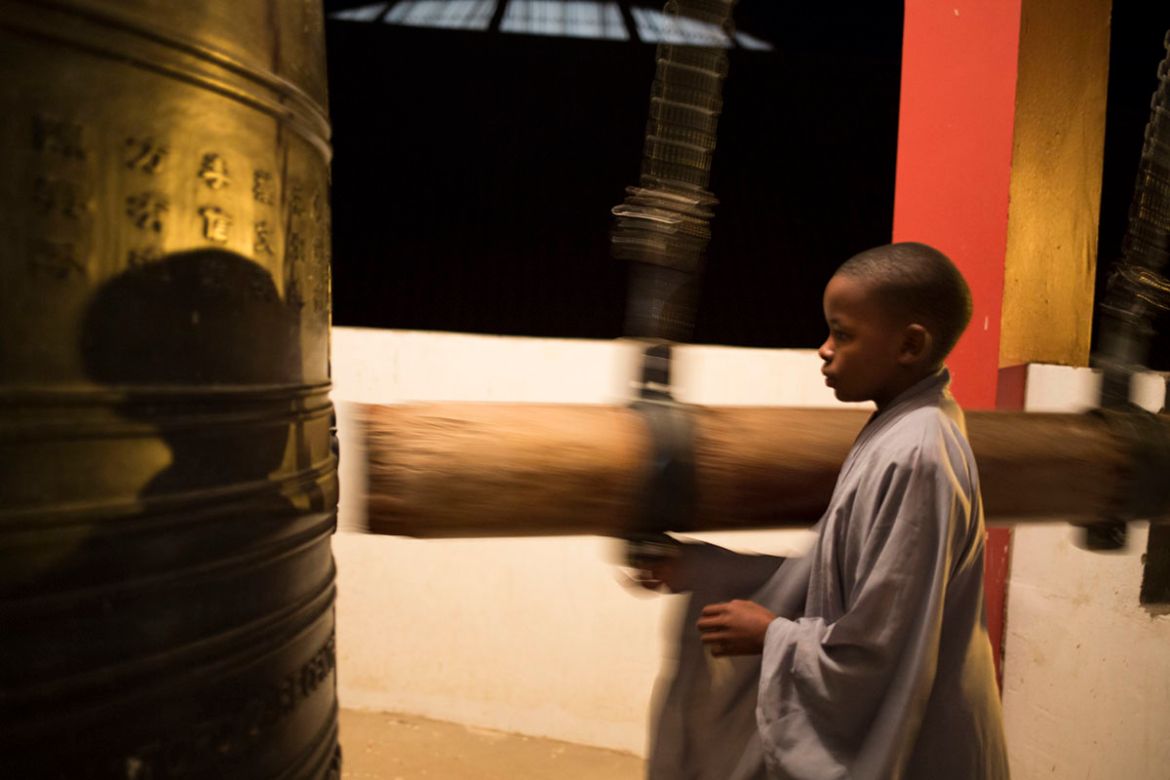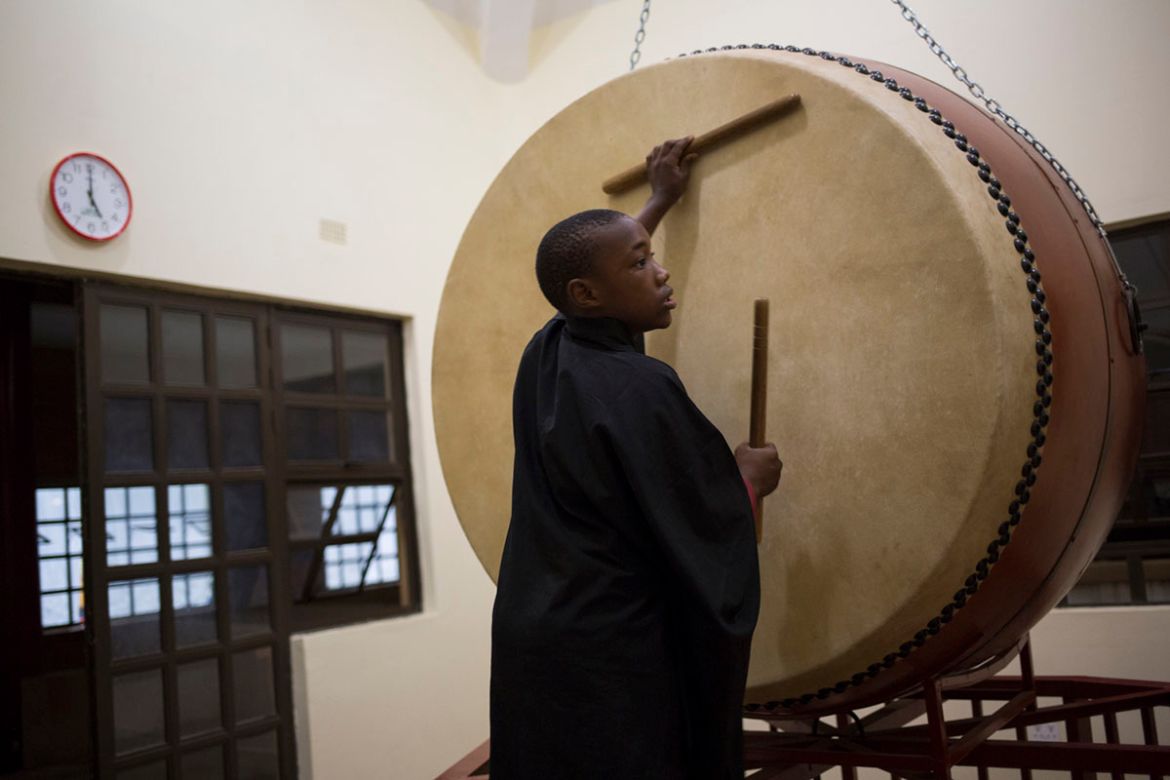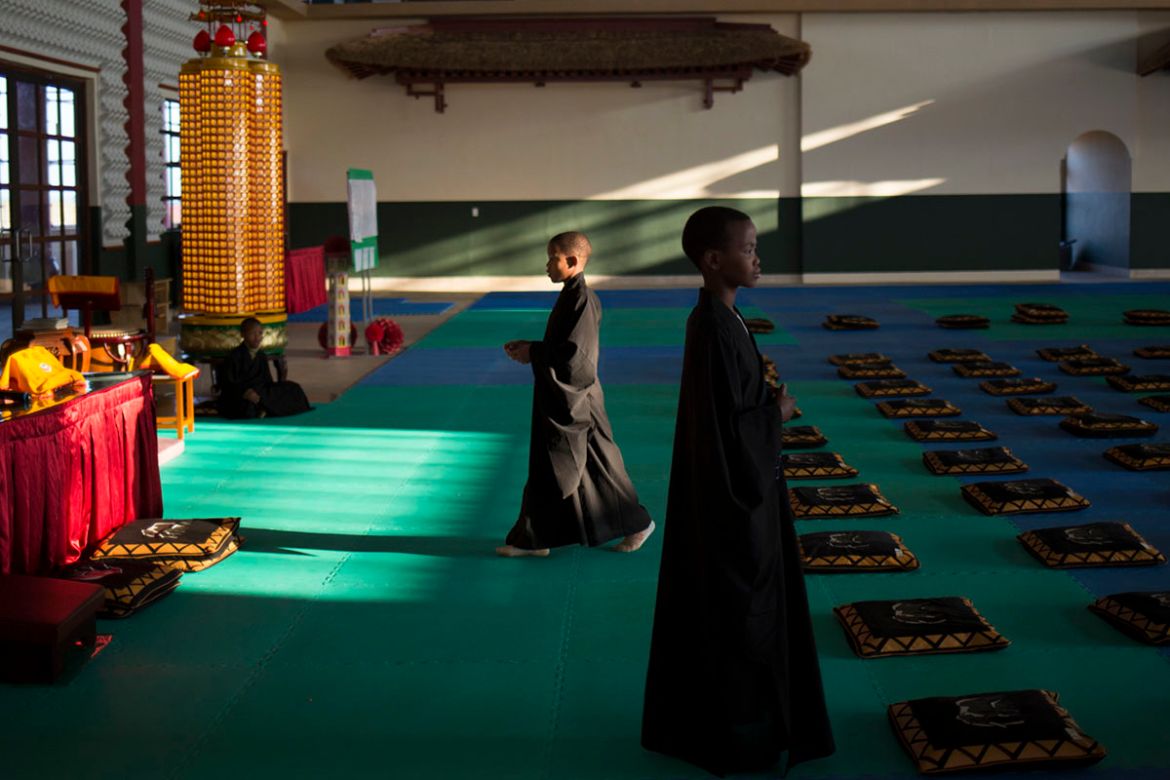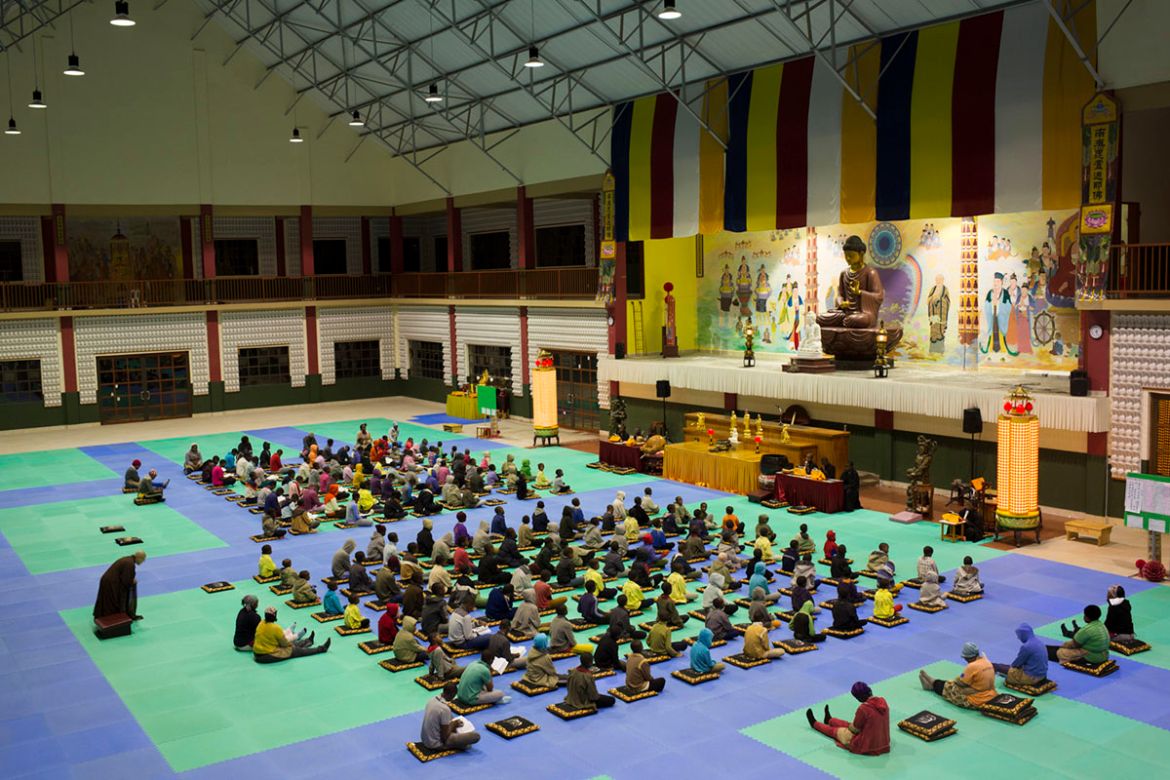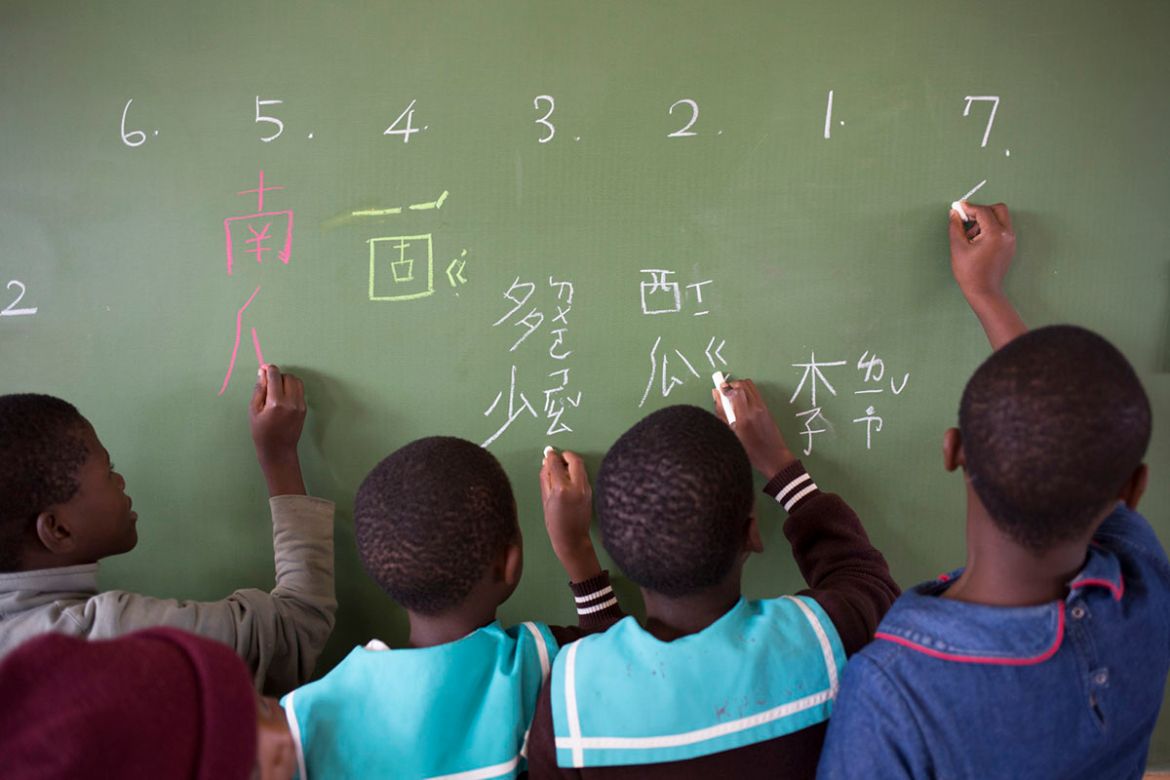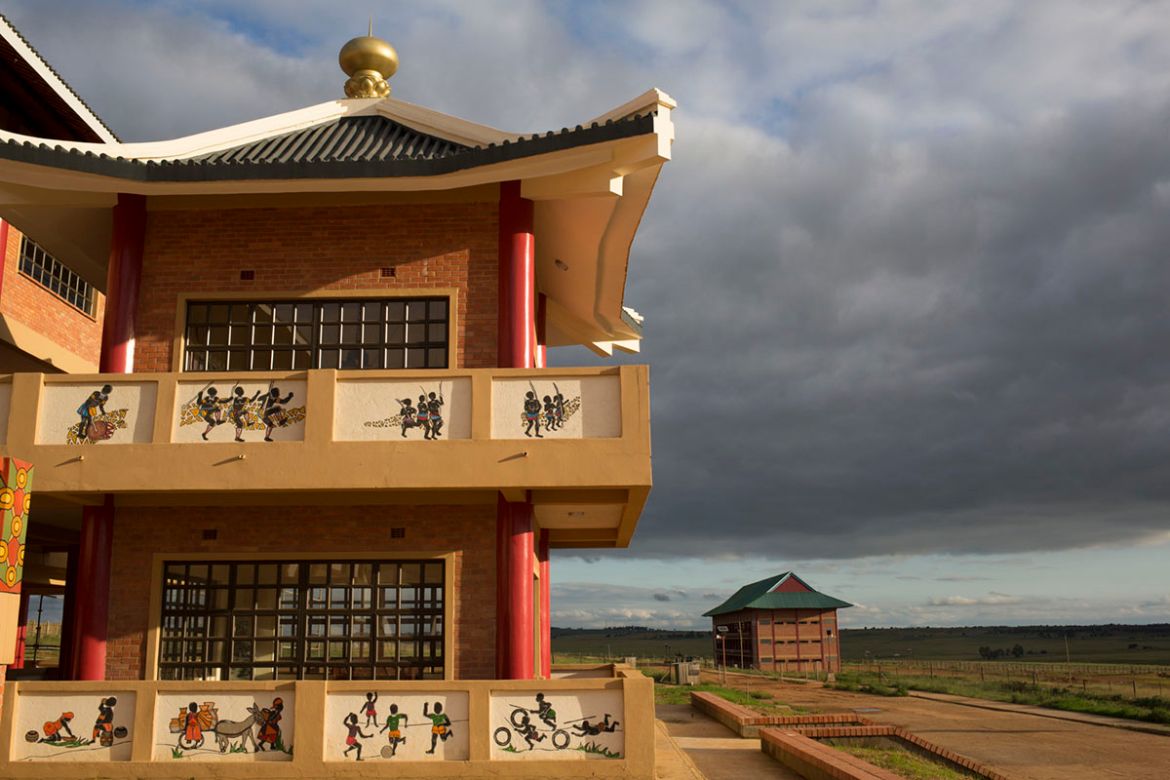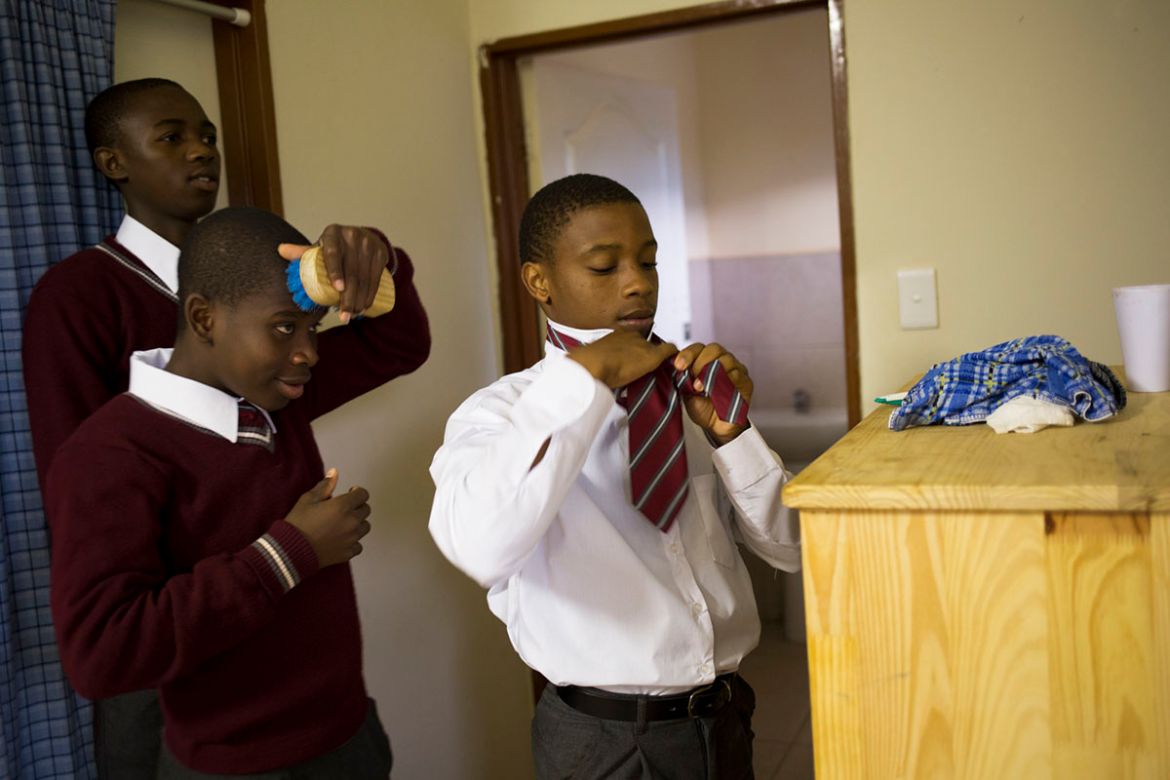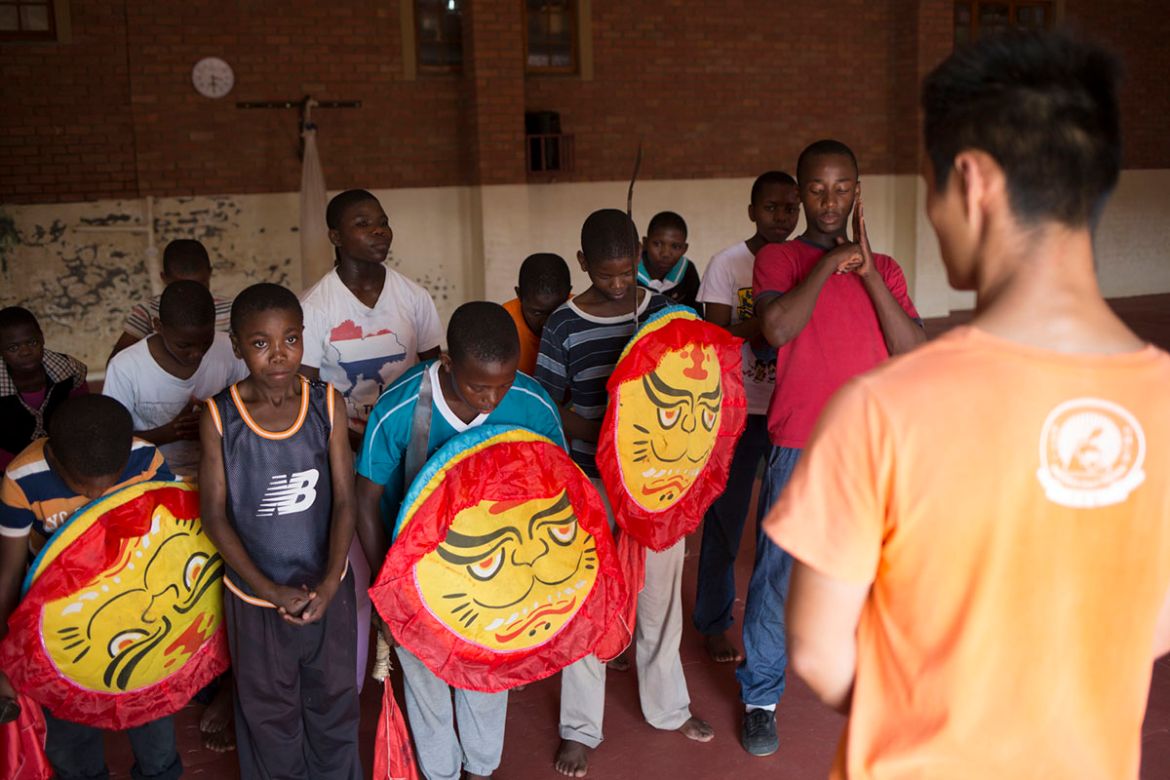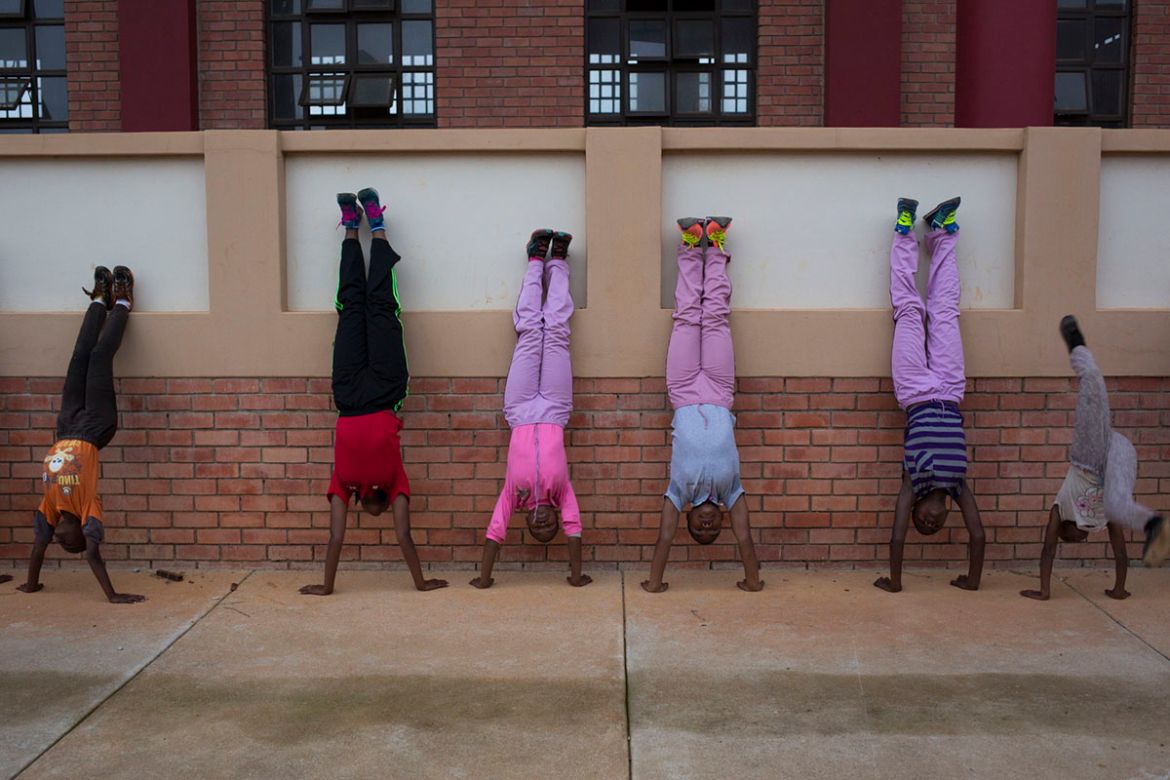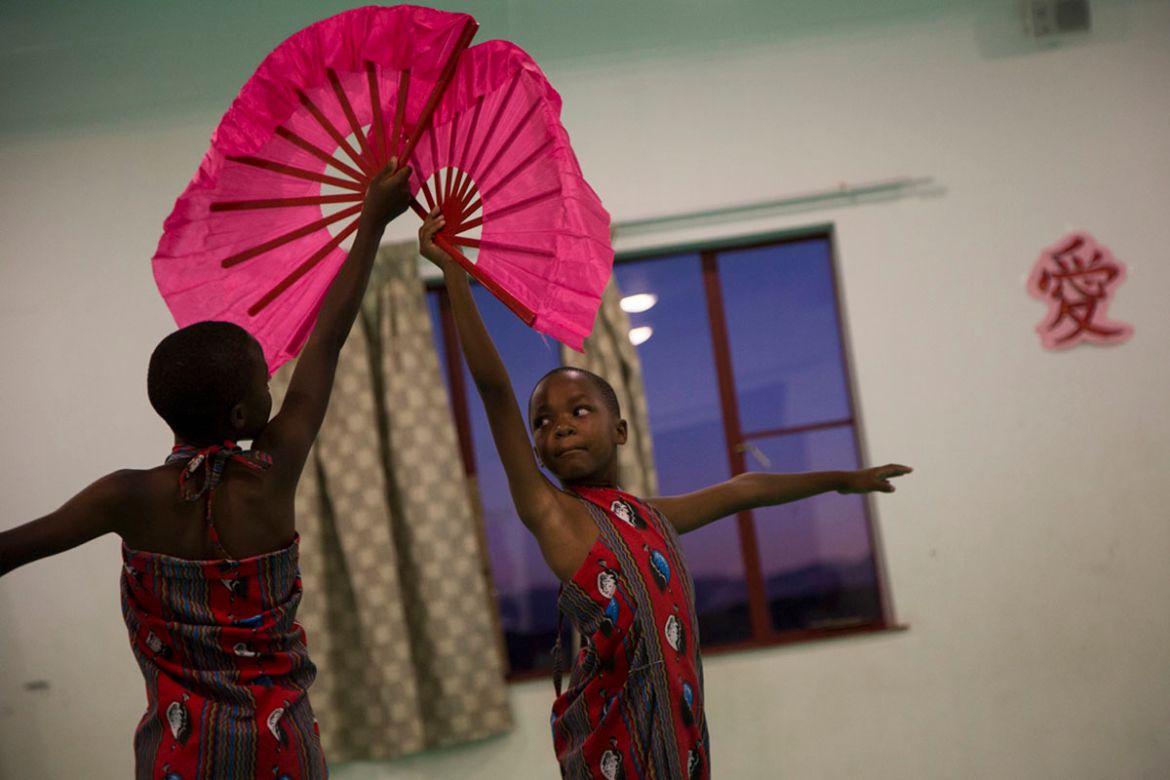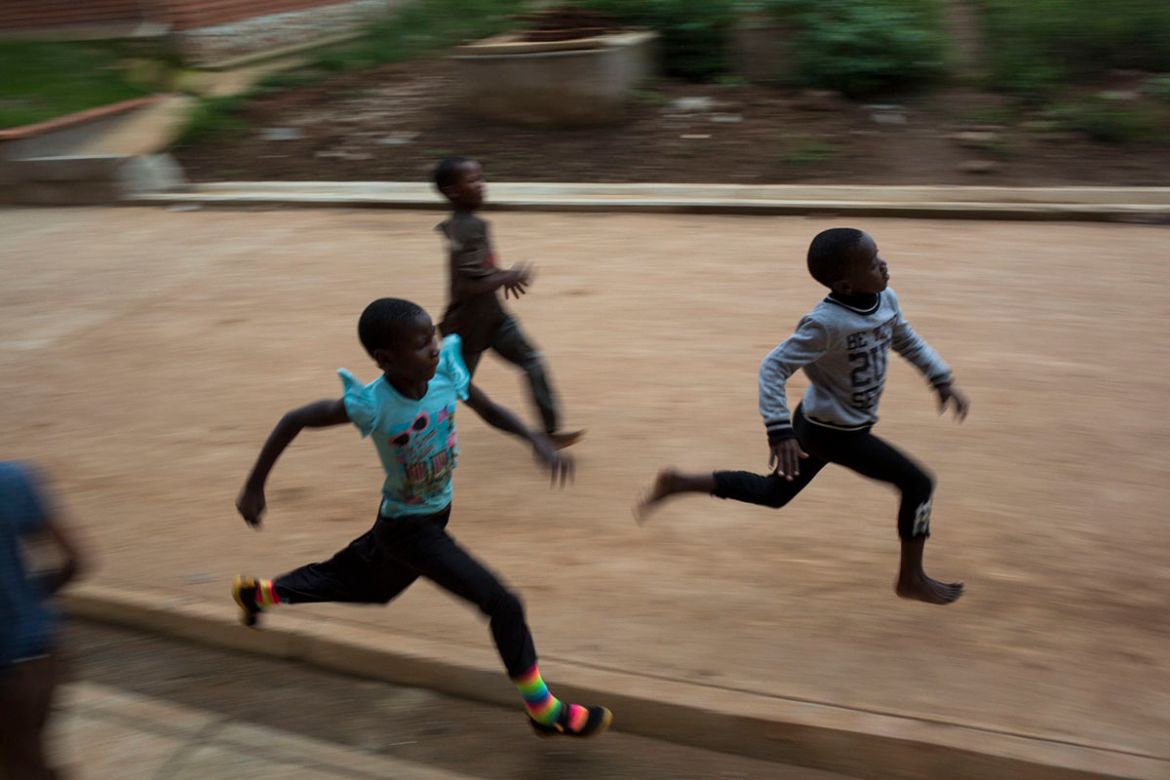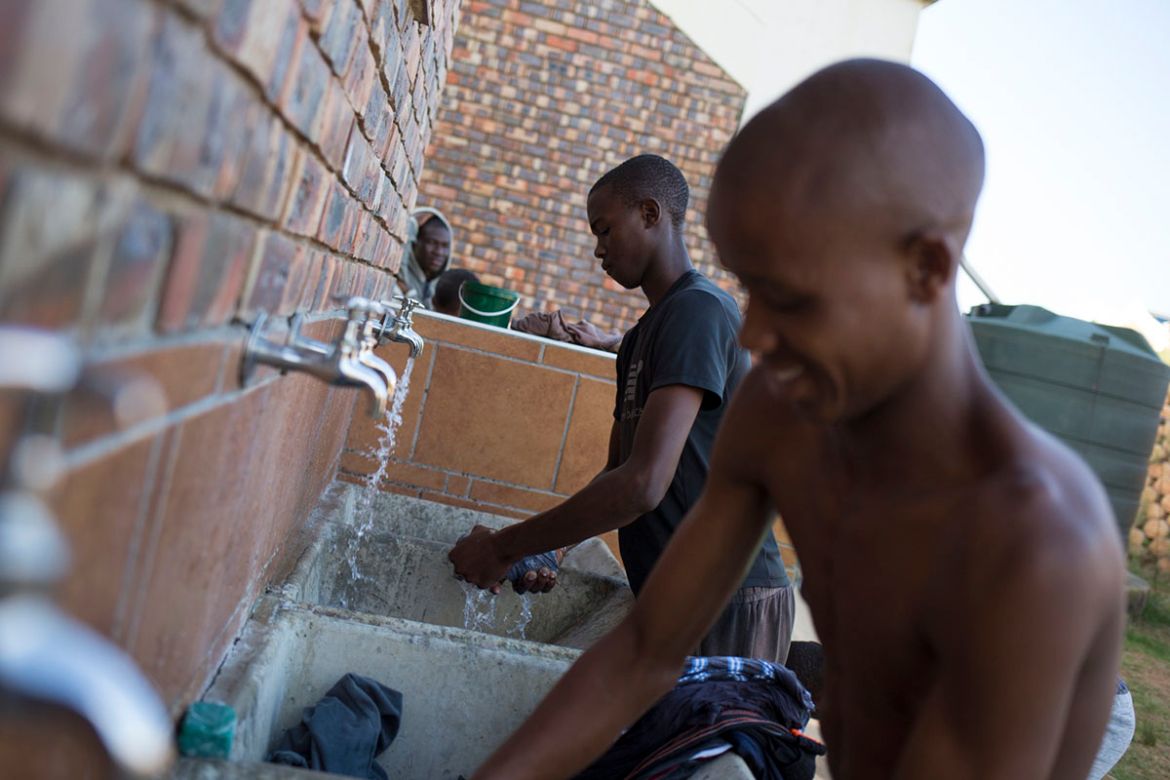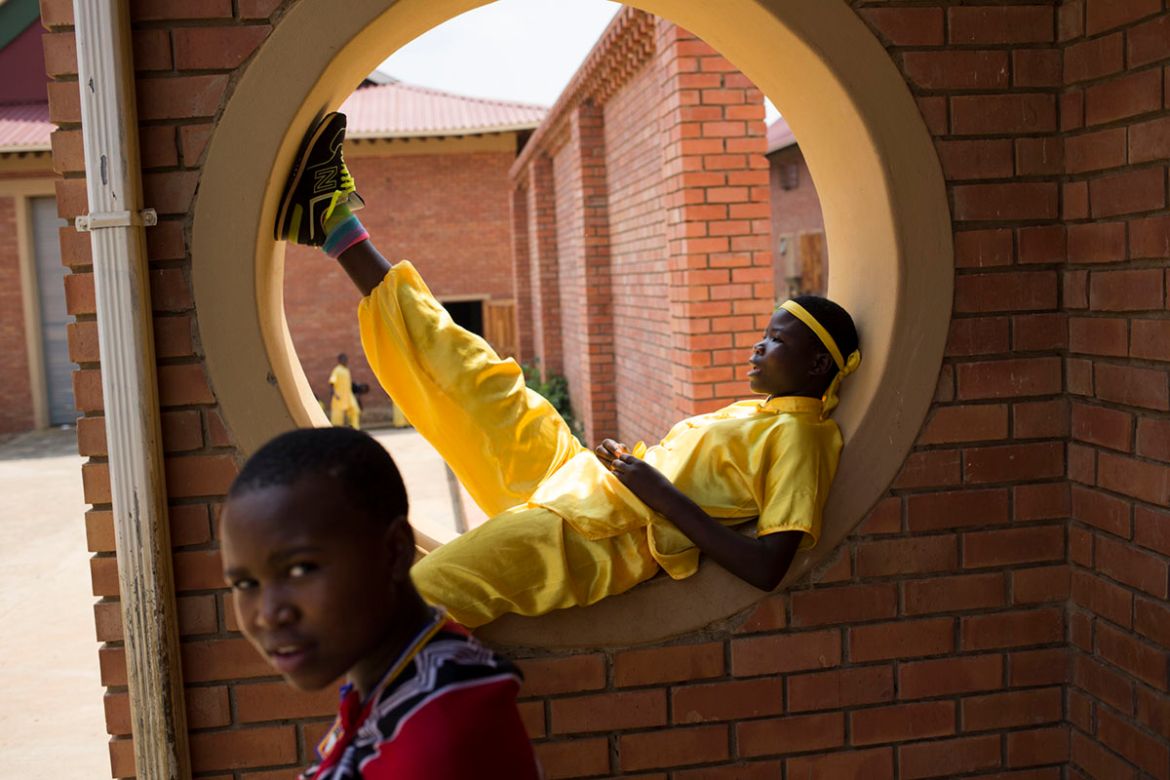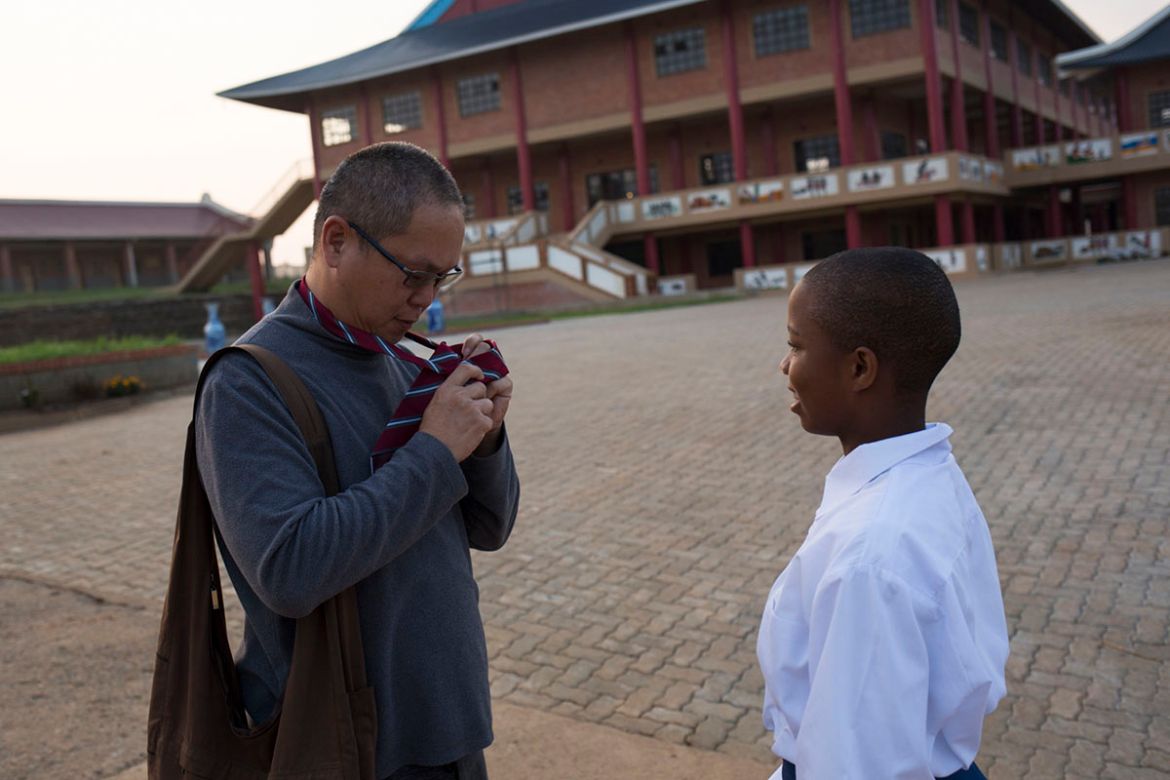In Pictures
African orphans learn Mandarin, Buddhism and kung fu
Hundreds of orphans and vulnerable children have found a brighter path forward through Amitofo Care Centres.
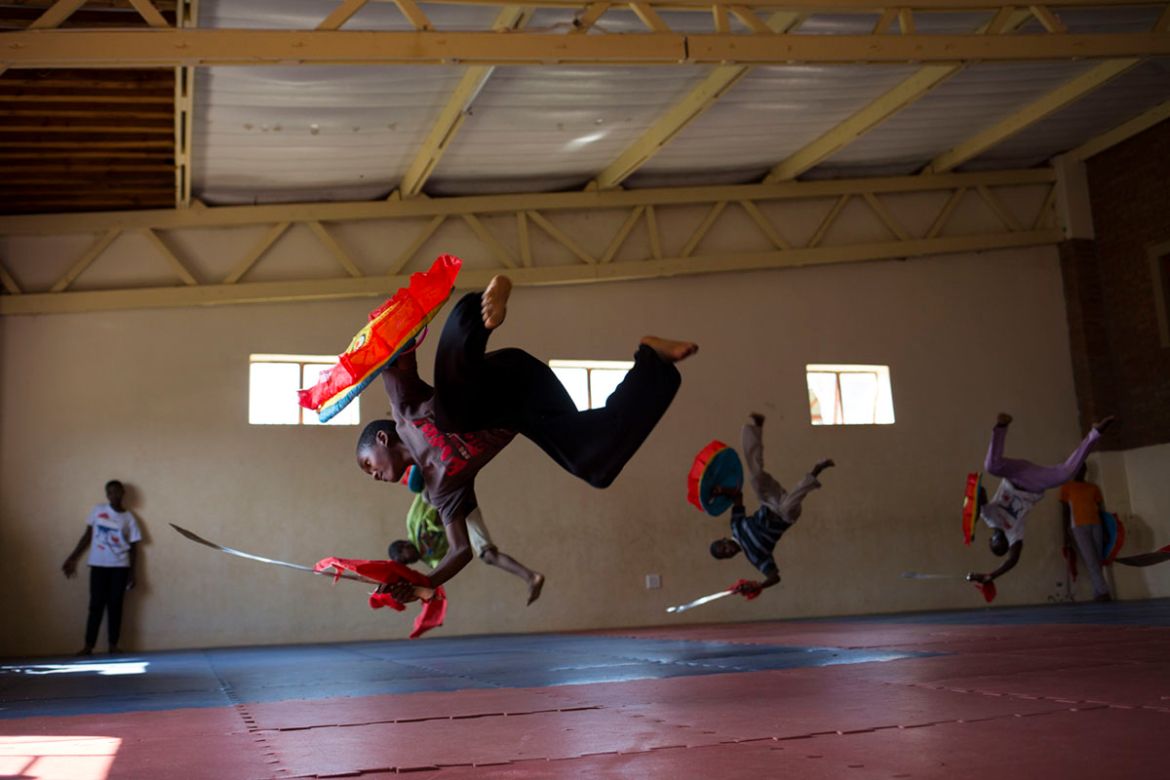
Nhlangano, Swaziland – Amitofo Care Centres, founded by Venerable Master Hui Li, a Buddhist monk from Taiwan, is taking in orphans and vulnerable children from several countries in southern Africa.
Li first visited the African continent in 1992 and was struck by the children left behind by parents who died of HIV/Aids. He decided to devote all of his time and energy into setting up orphanages, schools and clinics for the most vulnerable.
The first centre set up in Malawi 12 years ago houses almost 500 children. There are also centres in Lesotho, Swaziland and Namibia, with many more in the planning stages.
Children brought up at the centres study the local curricula in the mornings, while learning about Buddhism, Mandarin Chinese and kung fu in the afternoons.
Children live and learn at the centres until they reach 18, when they can apply for university or other vocational training. Some 26 students from the Malawi centre are studying at universities in Taiwan, with similar numbers predicted for the Lesotho and Swaziland centres, which have been running for five and six years respectively.
Amitofo is 70 percent funded by private donors from Taiwan and Hong Kong. Malaysian and Singapore nationals also contribute. Amitofo has no ties to any government, and relies on donated land to get centres up and running.
Amitofo goes through a rigorous process with the children, national agencies and the local community to legally adopt those it takes in.
